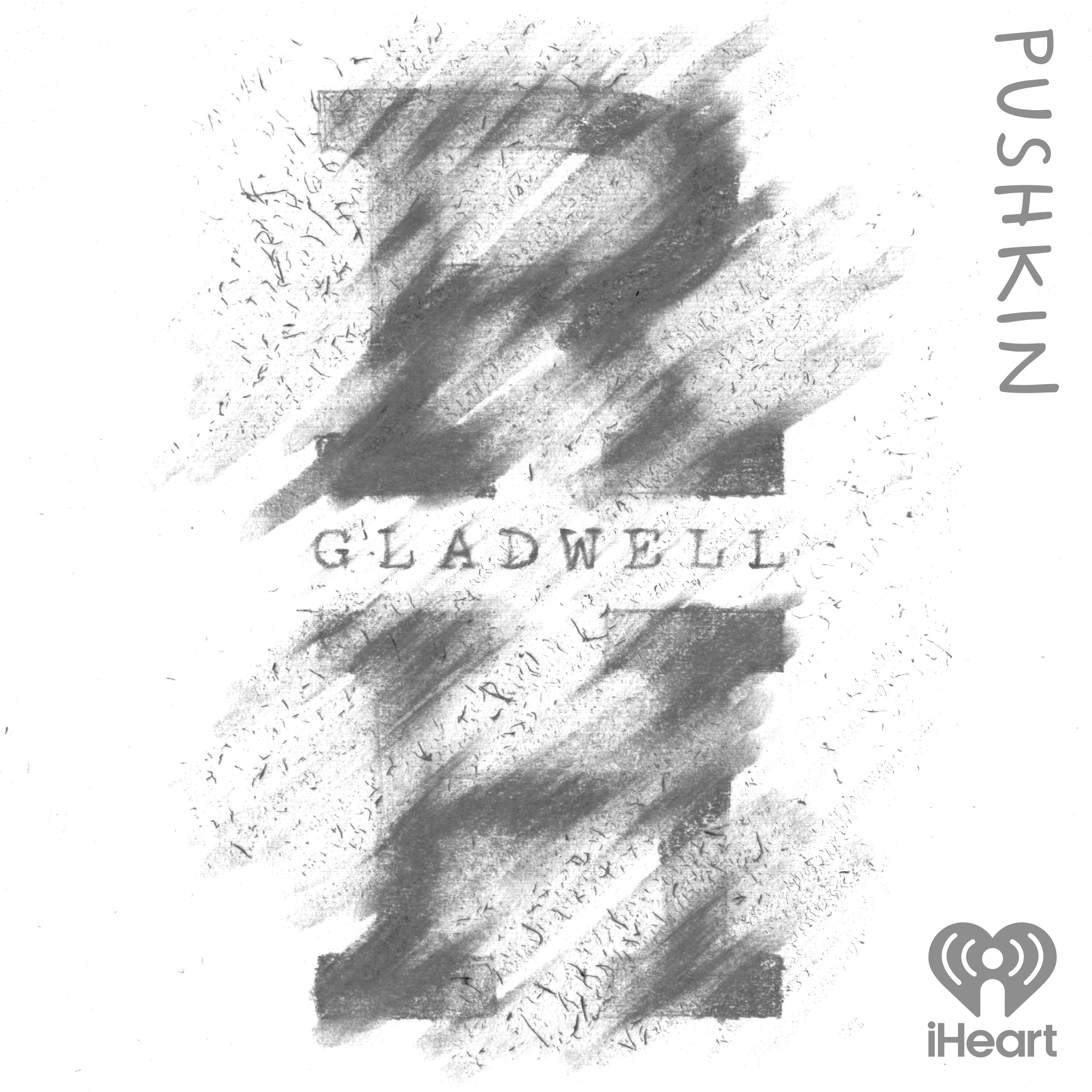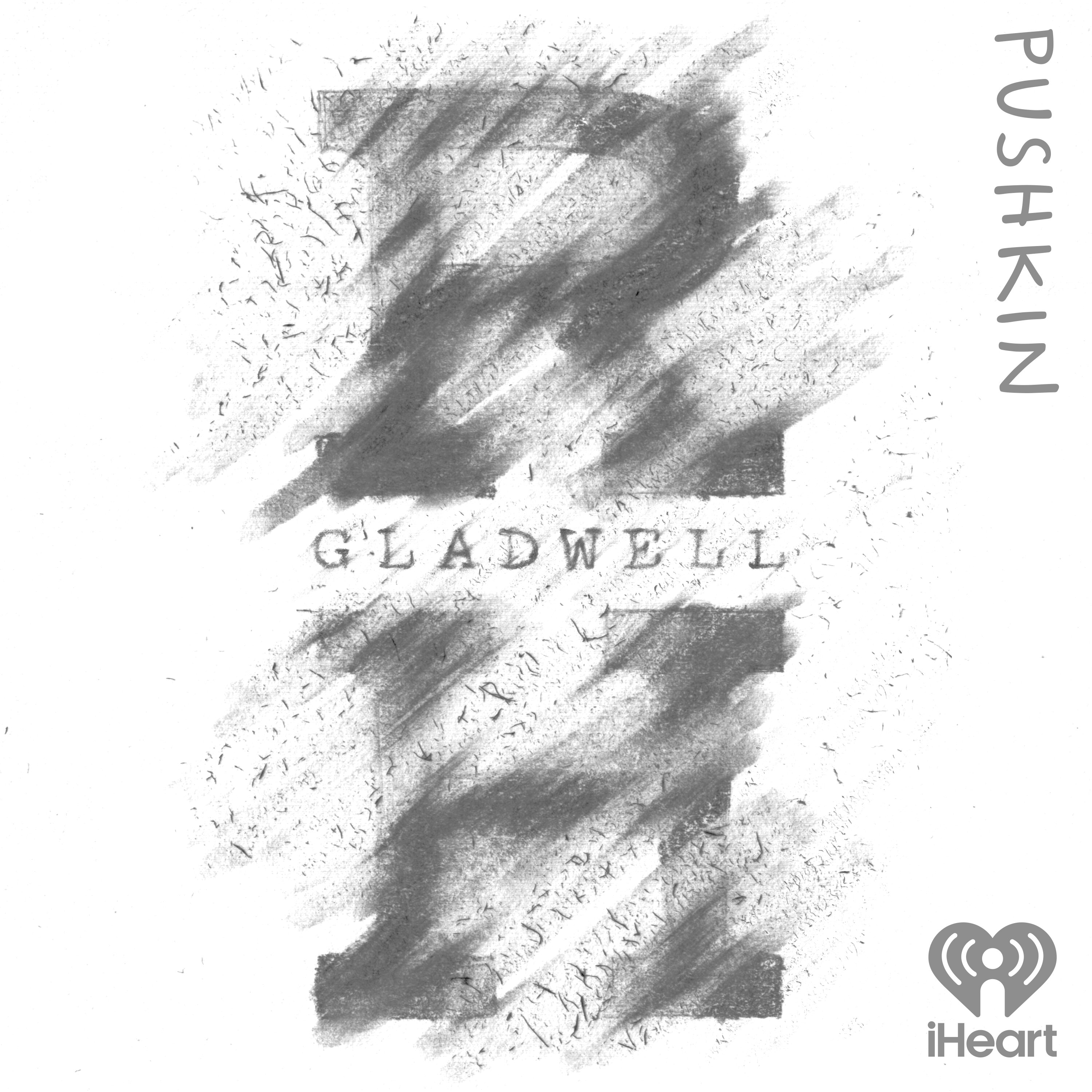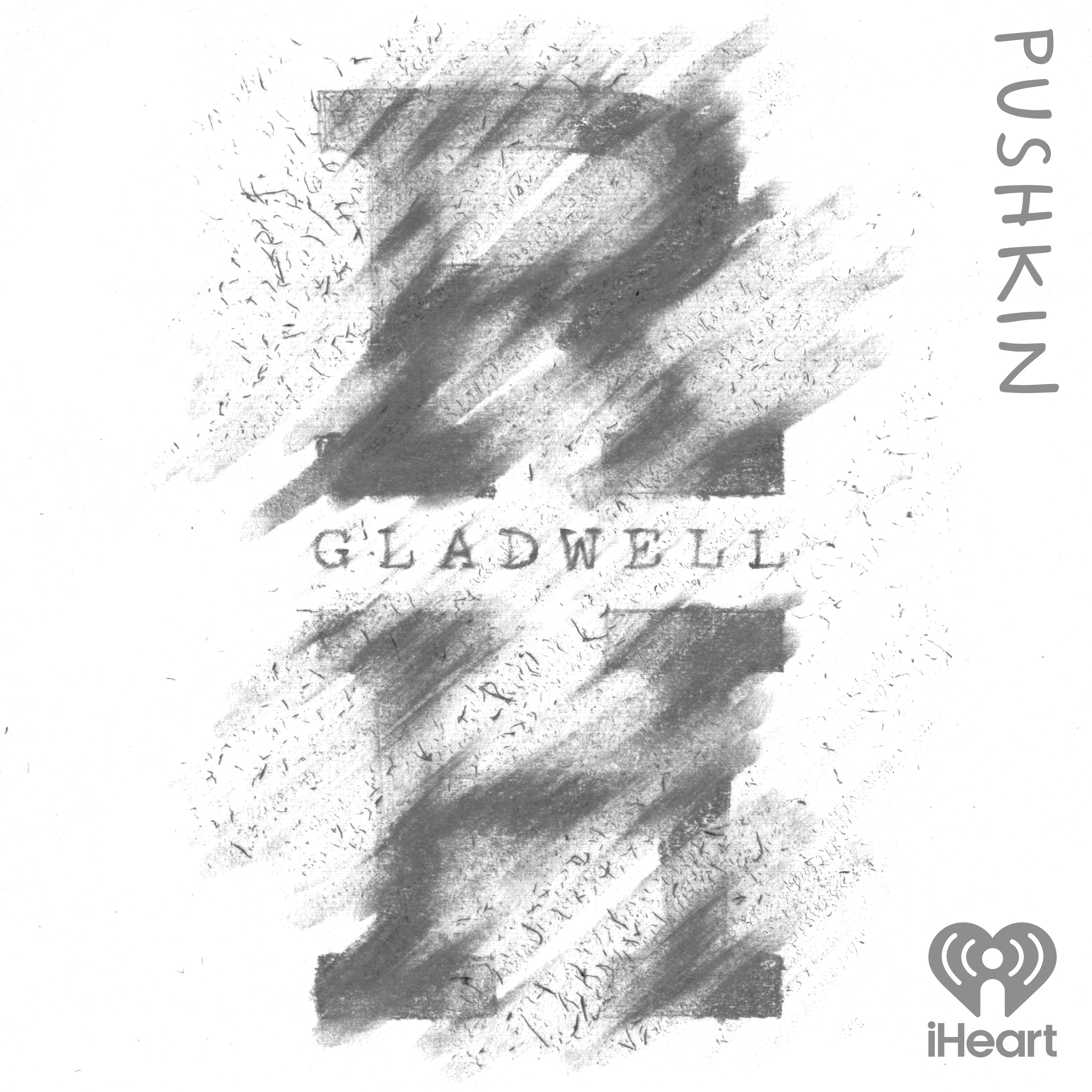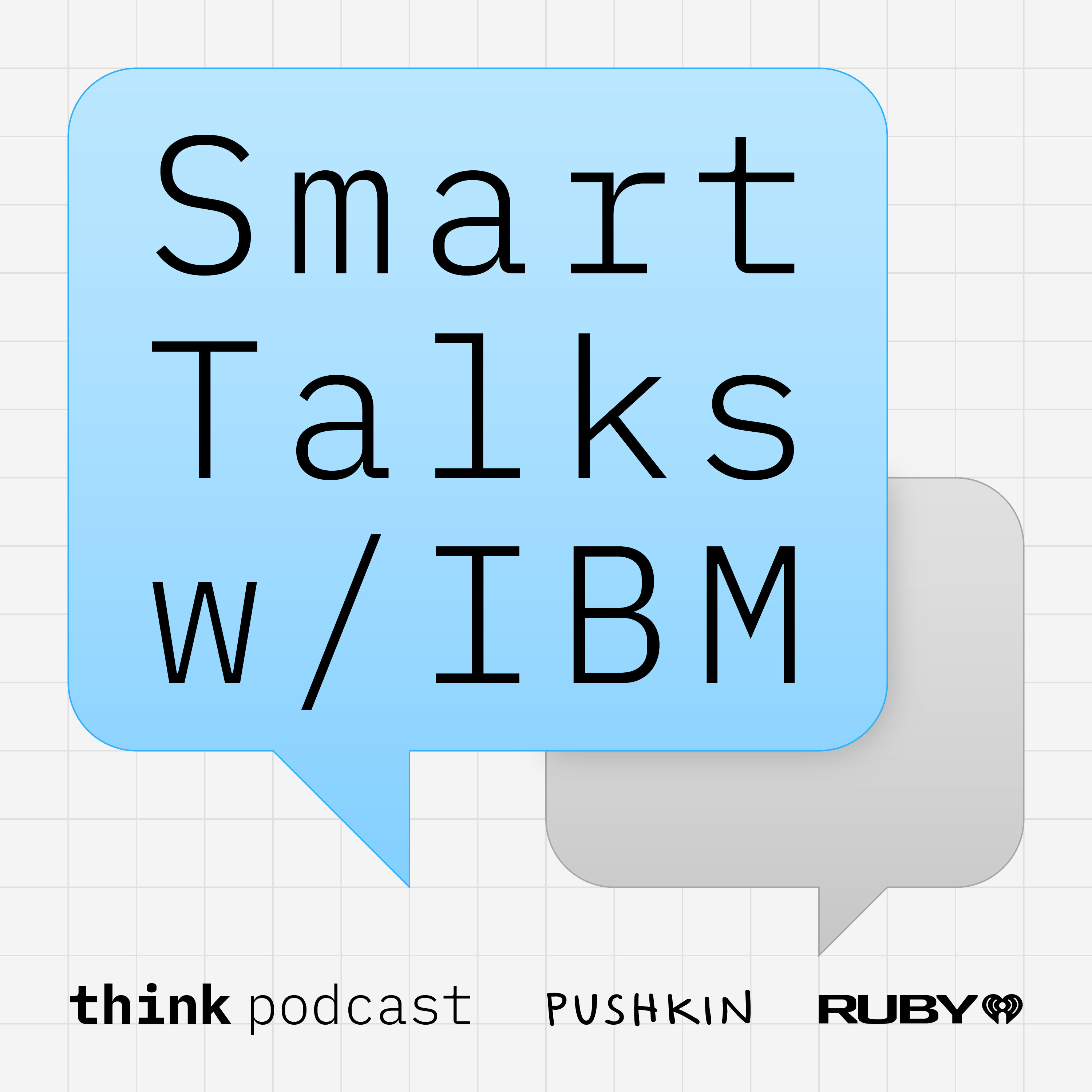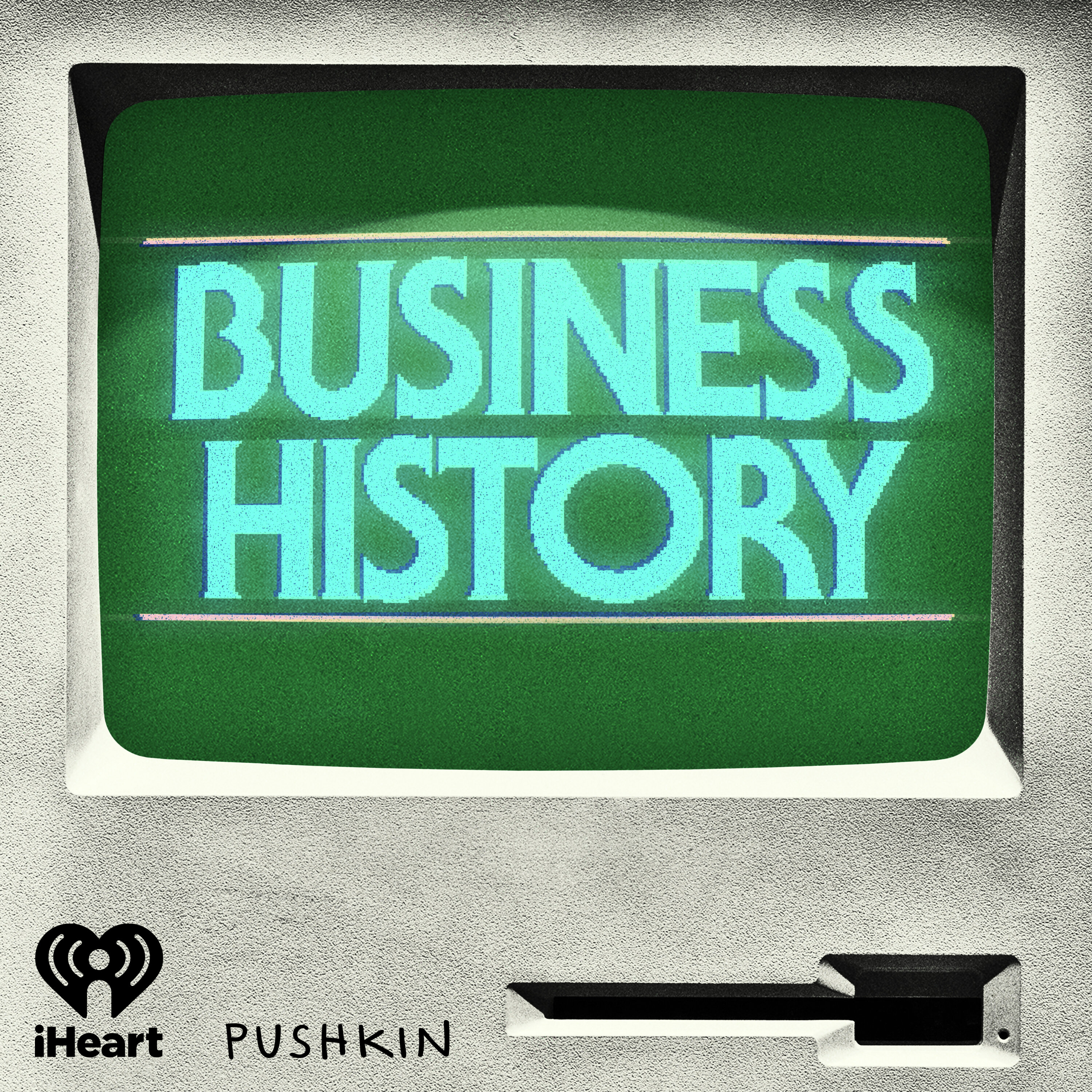The Origin of “You” – A Conversation with John McWhorter
Malcolm sits down with the linguist John McWhorter, to discuss his new book, Pronoun Trouble: The Story of Us in Seven Little Words. Among other things in their wide-ranging conversation, John makes an impassioned case for the return of “thou.”
Get ad-free episodes to Revisionist History by subscribing to Pushkin+ on Apple Podcasts or Pushkin.fm. Pushkin+ subscribers can access ad-free episodes, full audiobooks, exclusive binges, and bonus content for all Pushkin shows.
Subscribe on Apple: apple.co/pushkin
Subscribe on Pushkin: pushkin.fm/plus
See omnystudio.com/listener for privacy information.
Press play and read along
Transcript
Transcript is processing—check back soon.
Revisionist History — The Origin of “You” – A Conversation with John McWhorter
